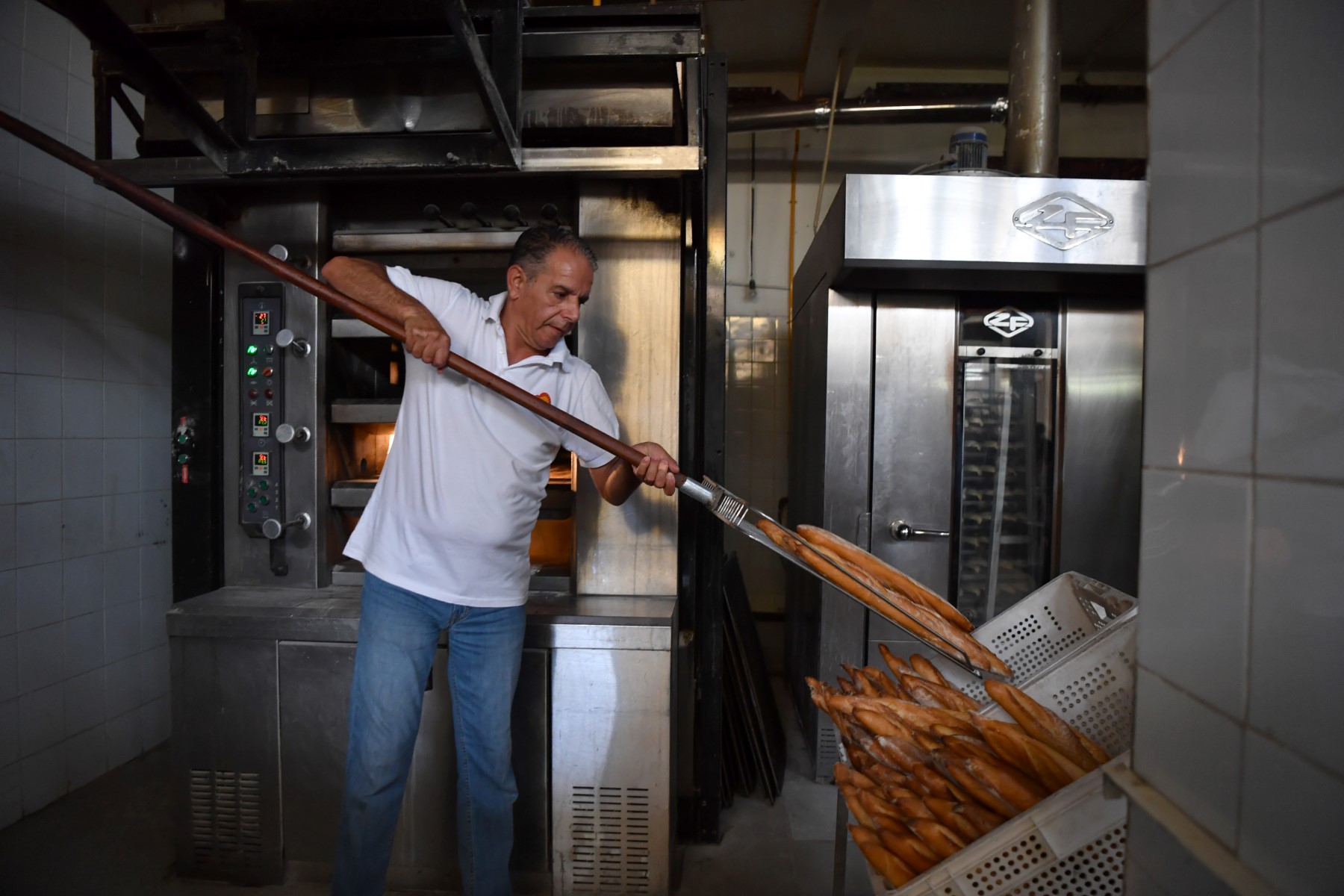Tunis, Tunisia – Tunisian authorities have arrested the head of the national bakery owners’ union, accusing him of a “monopoly” as the country faces a weeks-long shortage of subsidized bread, local media reported Thursday.
The government in August banned some 1,500 privately-owned bakeries that produce European-style breads and pastries from purchasing subsidized flour, ending a practice that had lasted for more than a decade.
Subsidies remain in place for 3,737 bakeries of another network selling bread at a government-sanctioned price, unchanged since 1984.
Bakeries’ union chief Mohamed Bouanane was arrested on Wednesday “on suspicion of monopoly and speculation with subsidized foodstuffs” and of money laundering, news outlets in the North African country reported.
The privately-owned bakeries went on strike on August 7 and demanded concessions from the commerce ministry, arguing the end of subsidies would force some of them to close.
President Kais Saied, who has assumed near total governing powers since he took office in 2021, dismissed earlier this week the head of the Tunisian cereals authority.
Economists told AFP the current supply crisis stems from an inadequate reserve of subsidized flour held by the highly indebted Tunisian government, which centralizes all purchases of basic goods.
Tunisians who largely supported Saied’s takeover have become increasingly fed up with rising inflation and poverty, which now affects some 20 percent of the country’s 12 million inhabitants, according to the government.
Bread riots in Tunisia in 1983-1984 cost more than 150 lives.








